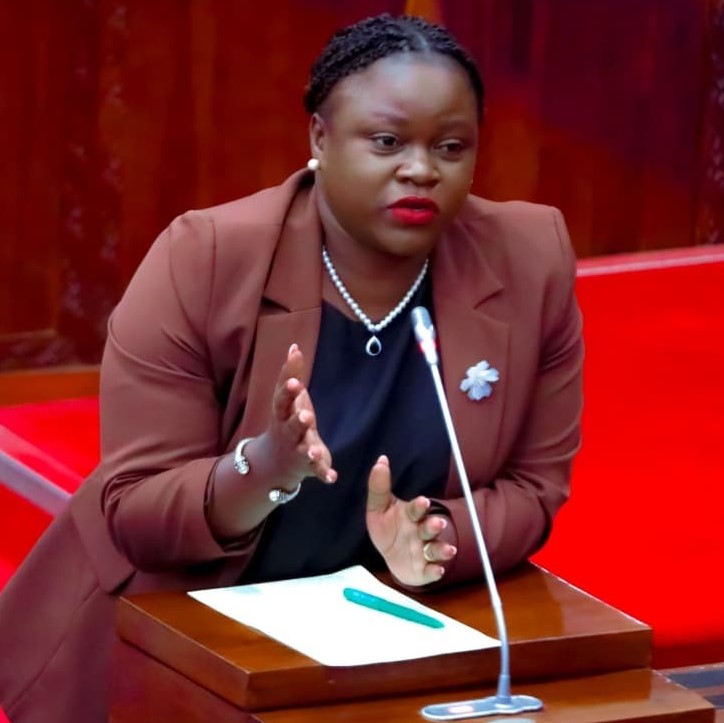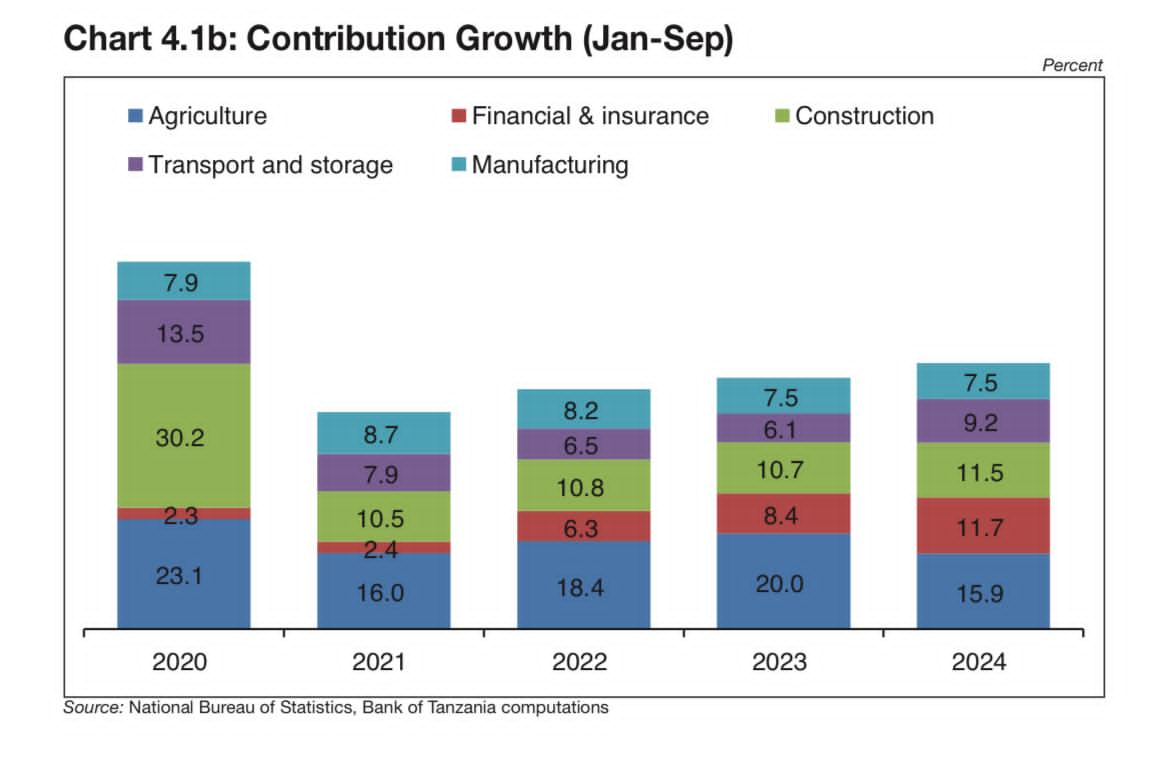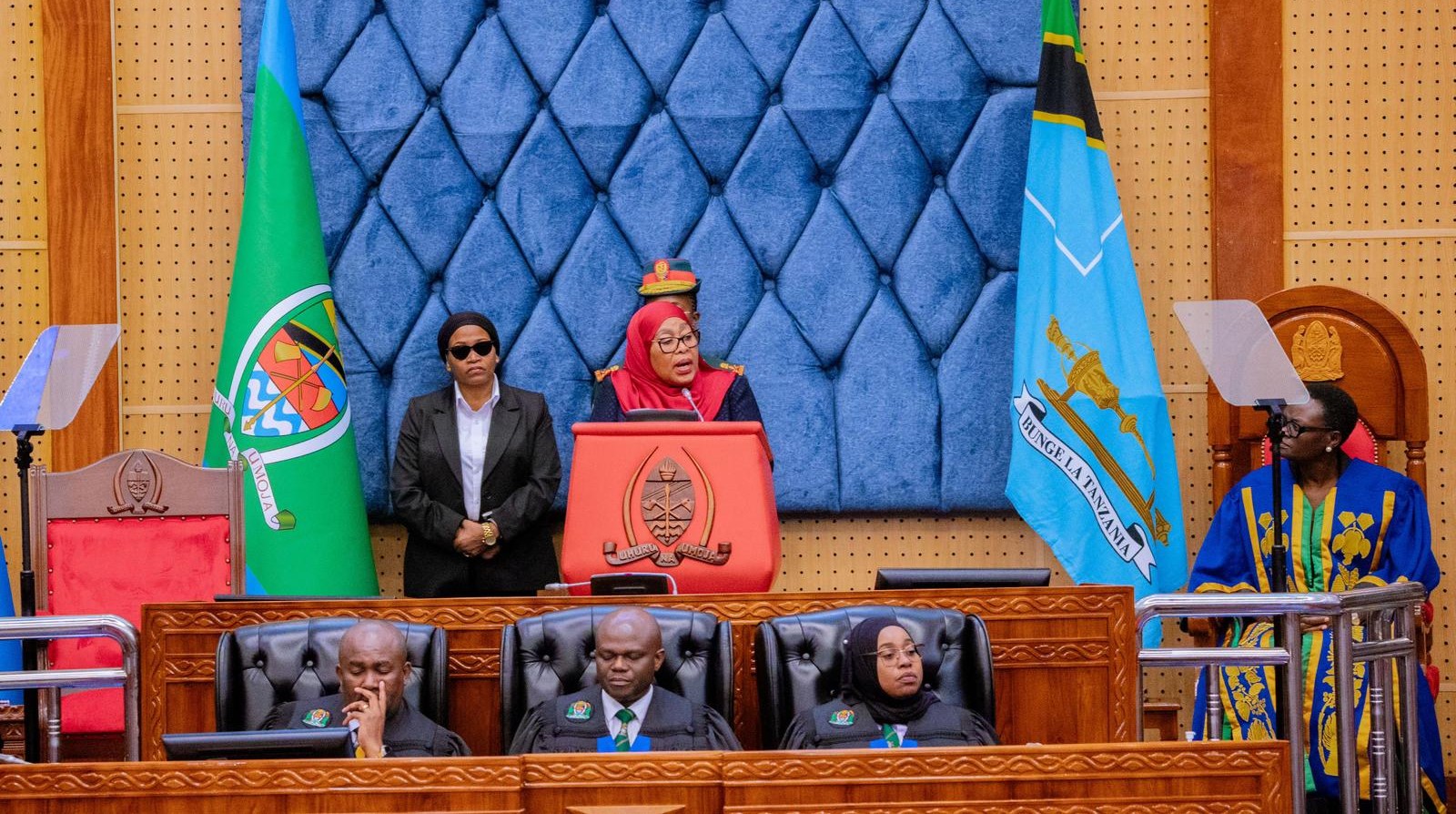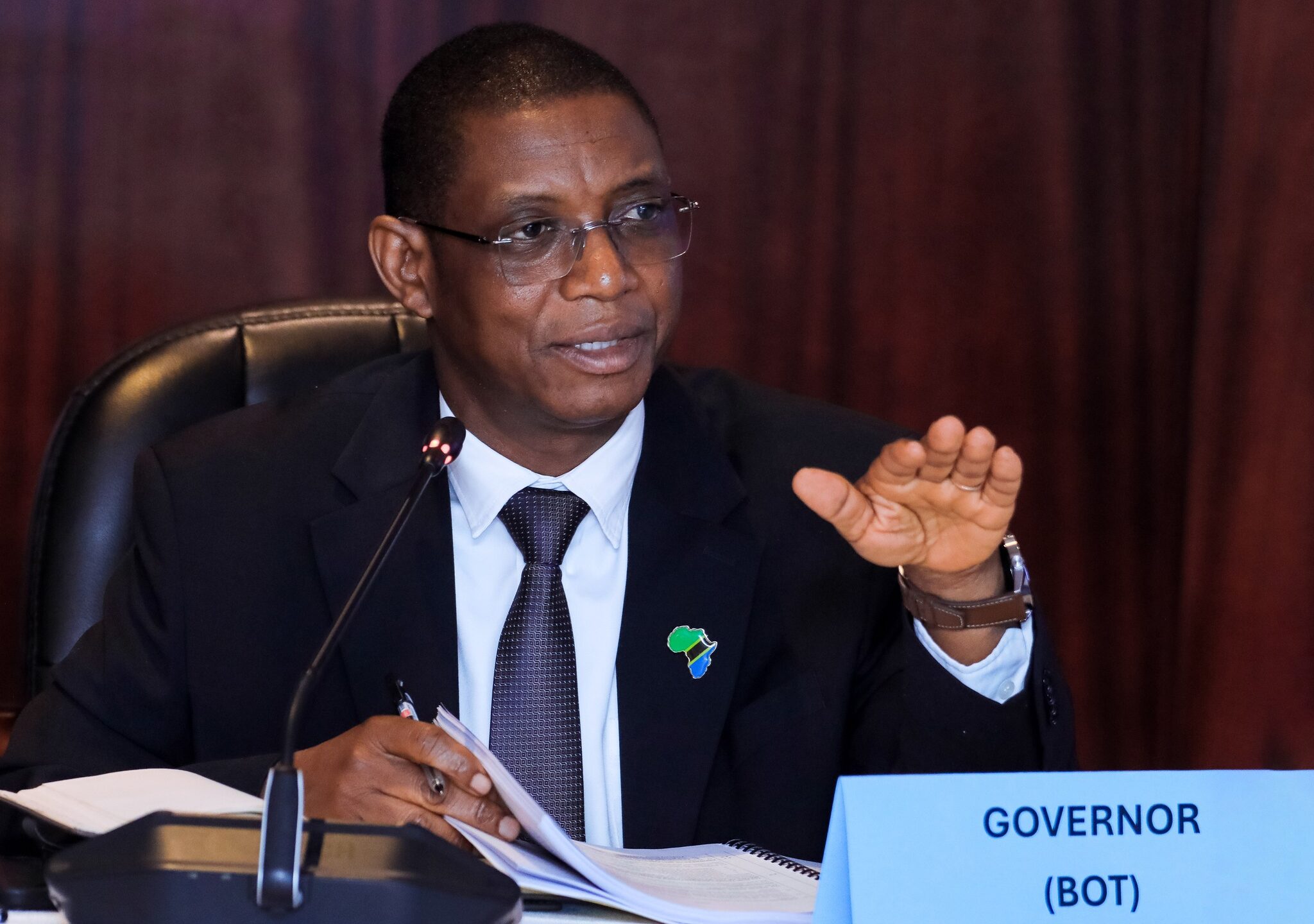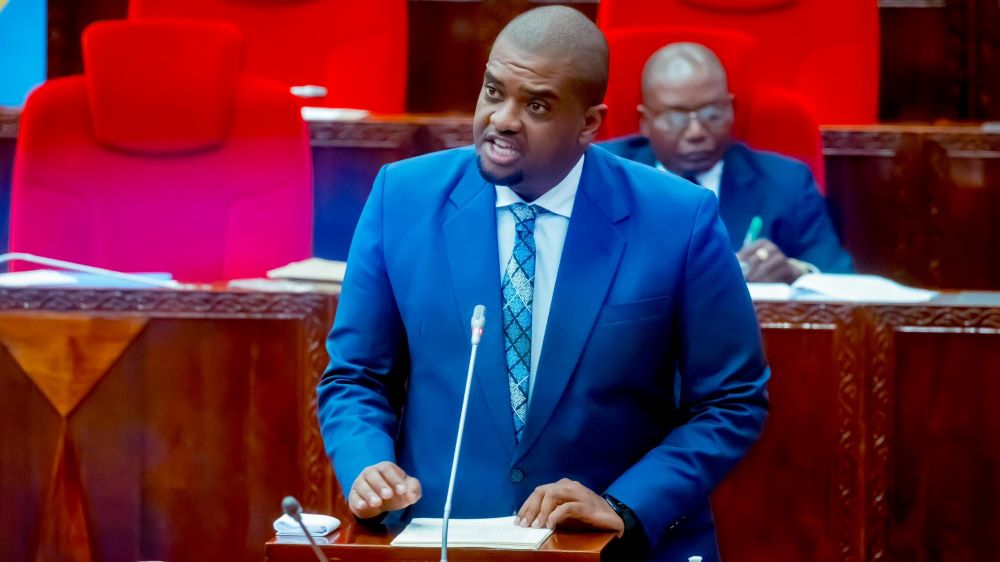Tanzanian government says 216 public schools shift to clean cooking energy
Dodoma. The Tanzanian government has said that a total of 216 public schools across the country have transitioned to clean cooking energy by March 2025, in a move aimed at reducing dependence on firewood and charcoal in public institutions.
This was revealed in Parliament on Tuesday, May 7, 2025, by Deputy Minister for Energy, Judith Kapinga, when responding to a question by Liwale MP, Zuberi Mohamedi Kuachauka, who sought to know when gas-powered stoves would be rolled out nationwide.
According to Ms Kapinga, out of the 216 schools that have adopted clean cooking energy, 146 secondary schools were already using Liquefied Petroleum Gas (LPG) for their cooking needs.
She said the government, through the Rural Energy Agency (REA), continues to offer subsidies for the construction of clean cooking energy infrastructure in public schools.
“As of April 20, 2025, the ministry of Energy, through REA, received approval from the President’s Office – Regional Administration and Local Government (PO-RALG) to install clean cooking energy systems in 115 schools,” she told the House.
The schools earmarked include 16 regional girls’ science secondary schools, seven national boys’ secondary schools, 66 regular boarding schools, and 26 historically established secondary schools.
Ms Kapinga further noted that the installation of clean energy infrastructure would continue in secondary schools, subject to the availability of funds, in collaboration with various development partners.
She added that the Ministry of Energy, through REA, was also rolling out clean cooking energy systems in public security institutions, including police and prison services across 24 regions, as well as the fire and rescue force and refugee camps.
In addition, the Deputy Minister said there were ongoing plans to install similar systems in institutions under the Ministry of Health, covering around 21 public health facilities, including national, regional and district hospitals.
Responding to a separate question from Special Seats MP, Tunza Malapo, who sought to understand the government’s strategy to ensure newly built schools, dispensaries and health centres are equipped with clean cooking systems, Ms Kapinga said that the implementation of the clean cooking energy strategy was already underway.
She said the government was now moving towards integrating clean cooking infrastructure into the construction plans of new public institutions to ensure sustainability and environmental protection.

